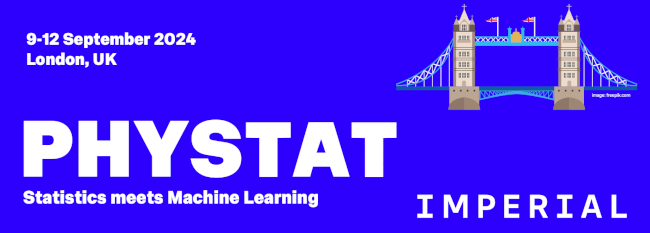Speaker
Description
Machine learning applications in cosmological galaxy surveys face challenges due to our limited understanding of the galaxy distribution within the dark matter cosmic web. This issue reflects a broader problem of model misspecification in simulation-based inference. In astrophysics, fully simulating the universe requires solving for gravity and the evolution of stars, galaxies, and black holes at resolutions currently unattainable. To address this, simulations employ simplified subgrid models approximating small-scale processes' effects on larger structures, known as baryonic feedback. Our research aims to develop reliable models that remain robust despite these subgrid assumptions.
This talk will demonstrate two probabilistic approaches: using machine learning to robustly reverse-map galaxies to dark matter density (probabilistic debiasing), and learning the forward mapping from dark matter density fields to galaxy point clouds using hydrodynamical simulations and semi-analytical models of galaxy formation. We will present preliminary results on probabilistically debiasing on the CosmicFlows dataset. Furthermore, we'll discuss how leveraging learned representations of baryonic feedback can not only improve cosmological constraints but also deepen our understanding of small-scale physics missing in current simulations, potentially informing the next generation of hydrodynamical simulations.
| Primary Field of Research | Astro/Cosmo |
|---|
